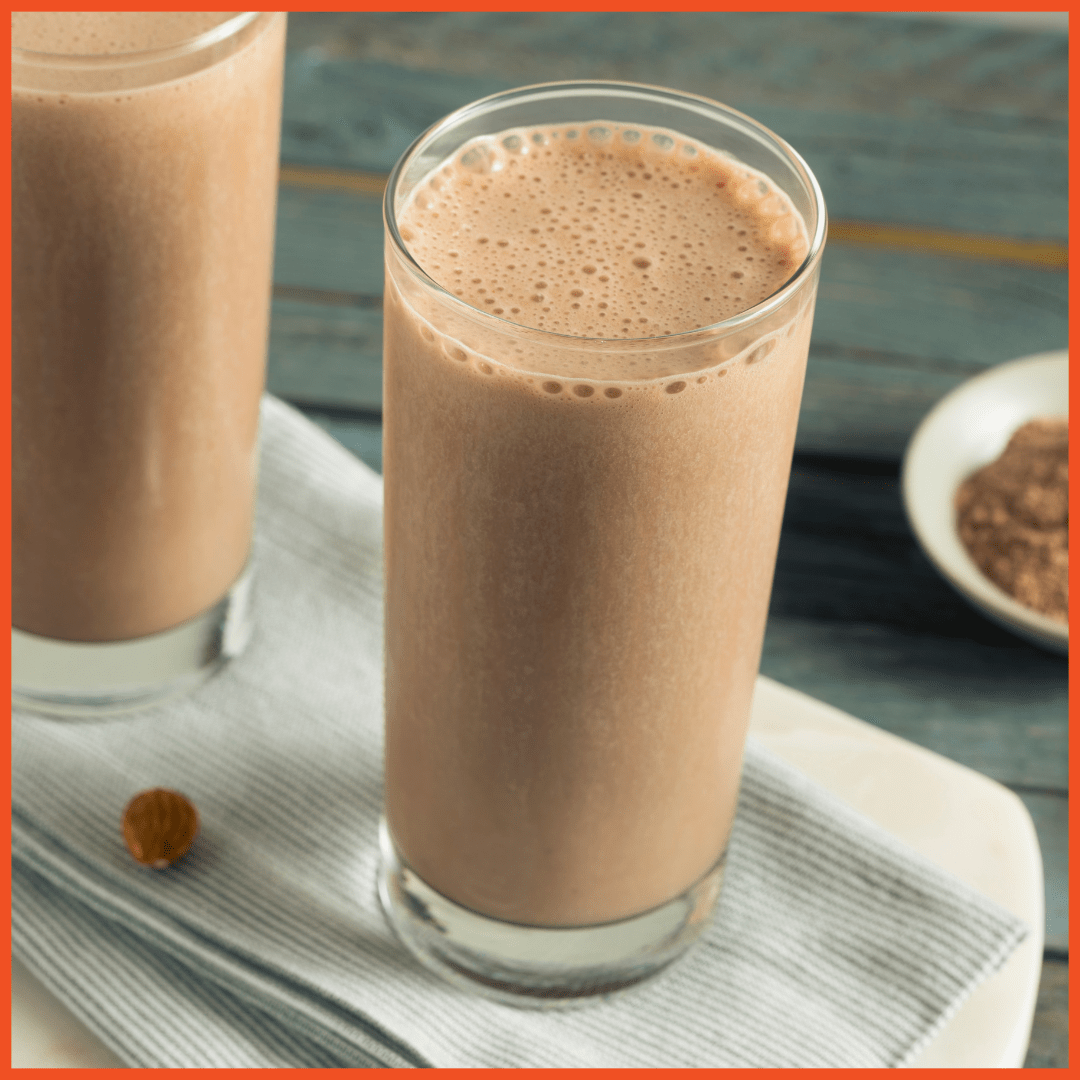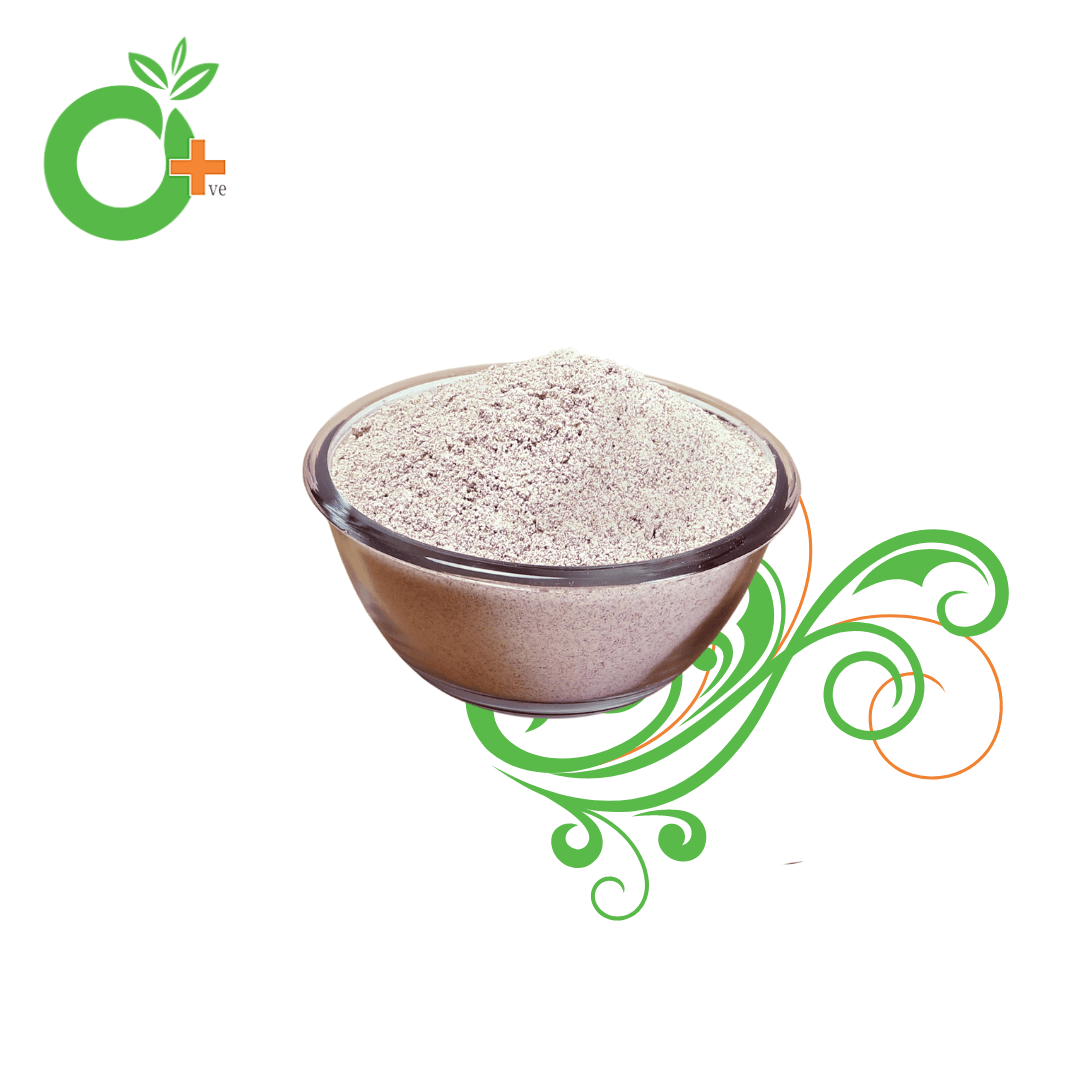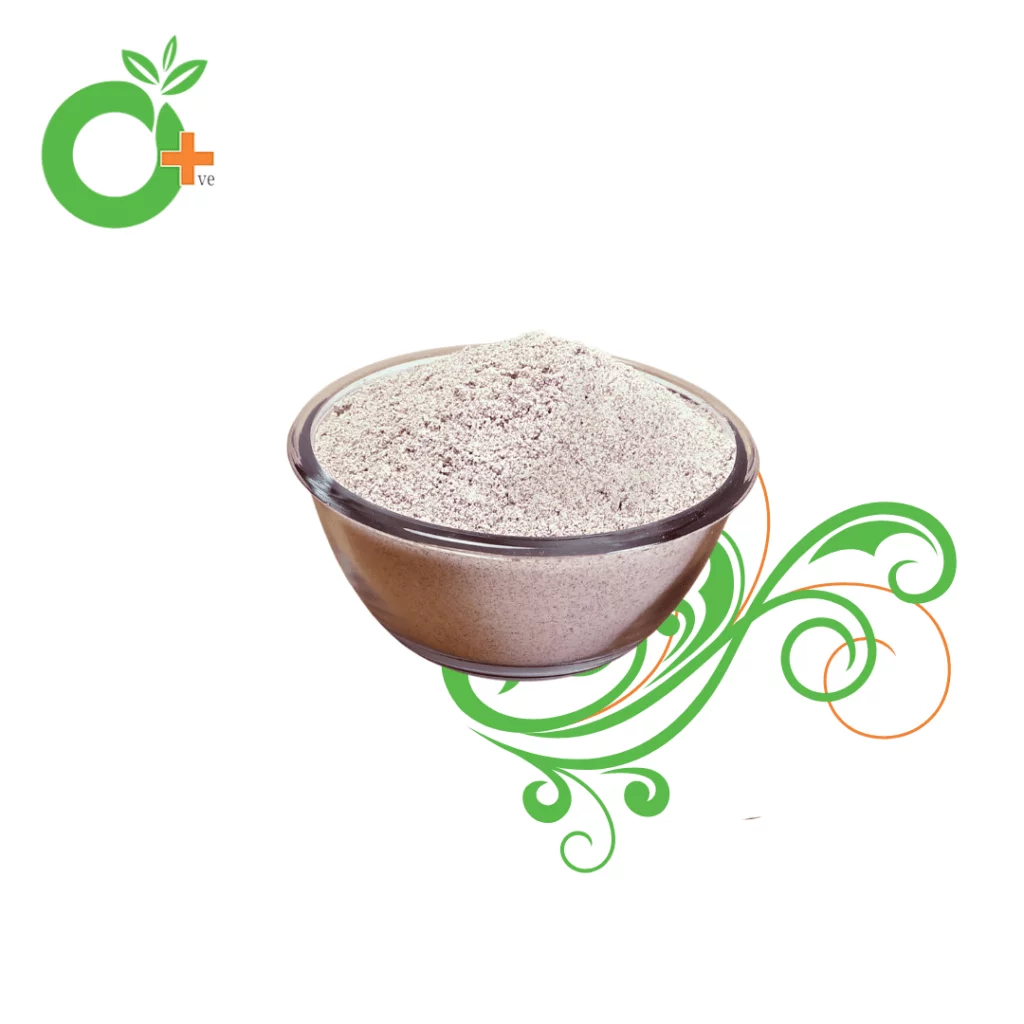Description
1. Nutritional Content:
- Vitamins and Minerals: Beetroot is a good source of essential vitamins and minerals, including vitamin C, folate, potassium, and manganese.
- Dietary Fiber: It contains dietary fiber, which is beneficial for digestive health.
2. Nitric Oxide Production:
- Beetroot is rich in nitrates, which the body can convert into nitric oxide. Nitric oxide helps to relax and dilate blood vessels, leading to improved blood flow and potentially lower blood pressure.
3. Exercise Performance:
- Some studies suggest that beetroot juice may enhance exercise performance by improving oxygen utilization and increasing endurance. The nitrates in beetroot juice can reduce the oxygen cost of low-intensity exercise and enhance tolerance to high-intensity exercise.
4. Blood Pressure Regulation:
- The nitric oxide produced from beetroot consumption may contribute to the regulation of blood pressure by promoting vasodilation.
5. Anti-Inflammatory Properties:
- Beetroot contains betalains, which are pigments with antioxidant and anti-inflammatory properties. These compounds may help reduce inflammation in the body.
6. Cognitive Function:
- Some research indicates that the nitrates in beetroot may have positive effects on cognitive function by increasing blood flow to the brain. This could potentially benefit older adults or individuals at risk of cognitive decline.
7. Anemia Prevention:
- Beetroot is a good source of iron, which is essential for the production of red blood cells. Including beetroot in the diet may help prevent iron deficiency anemia.
8. Detoxification:
- The betalains in beetroot have been suggested to support the body’s detoxification process by helping to neutralize and eliminate toxins.
9. Weight Management:
- Beetroot is low in calories and fat, making it a nutritious addition to a weight-conscious diet.
10. Potential Anti-Cancer Properties:
- Some studies suggest that the antioxidants in beetroot may have anti-cancer properties, but more research is needed to establish conclusive evidence.
Caution:
- While beetroot juice is generally safe for most people when consumed in moderation, individuals with certain conditions, such as kidney stones or a history of oxalate-containing kidney stones, should be cautious due to the oxalate content in beets.
As with any dietary supplement or food, it’s essential to consult with a healthcare professional before making significant changes to your diet, especially if you have underlying health conditions or concerns.








Reviews
There are no reviews yet.